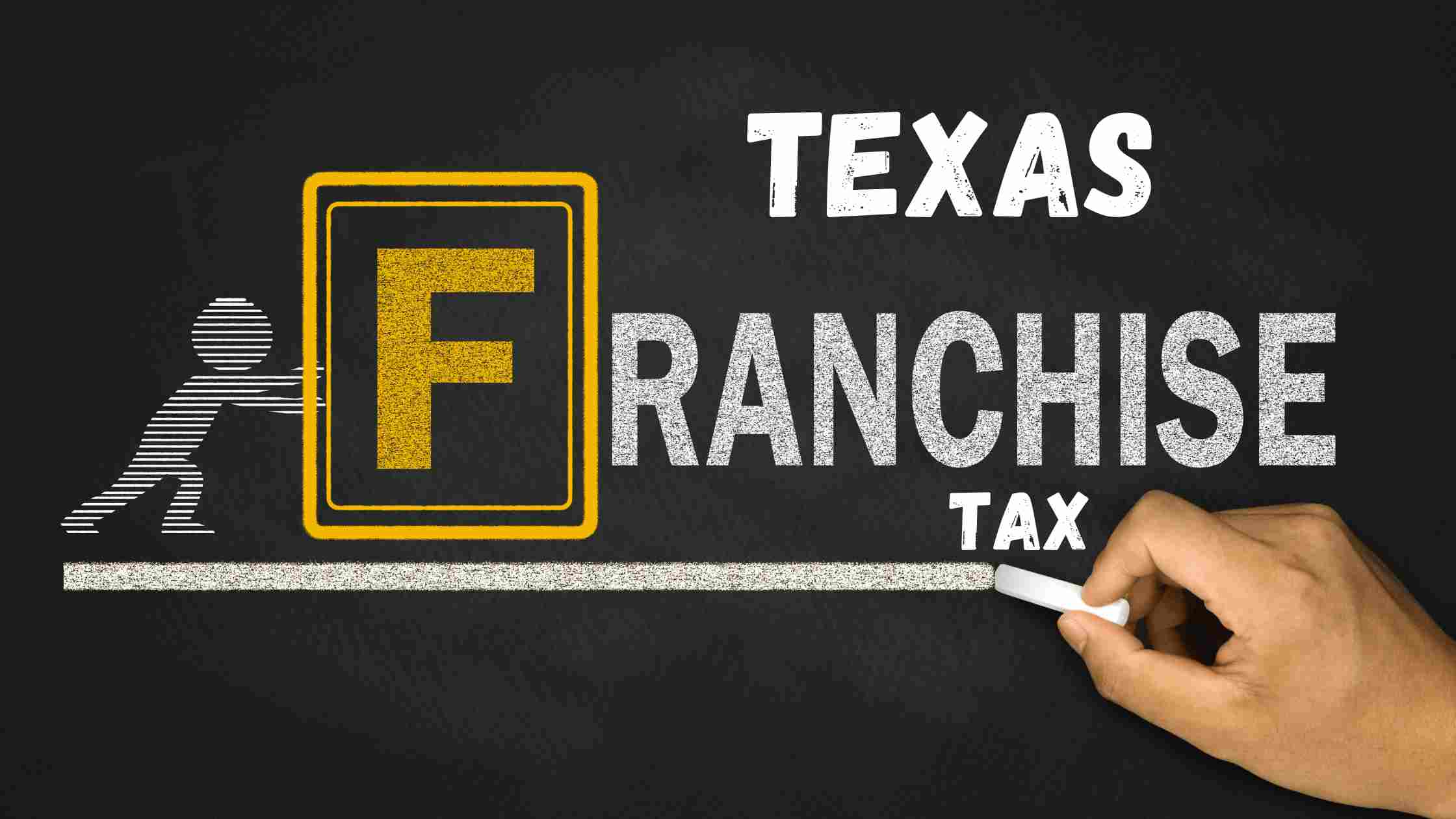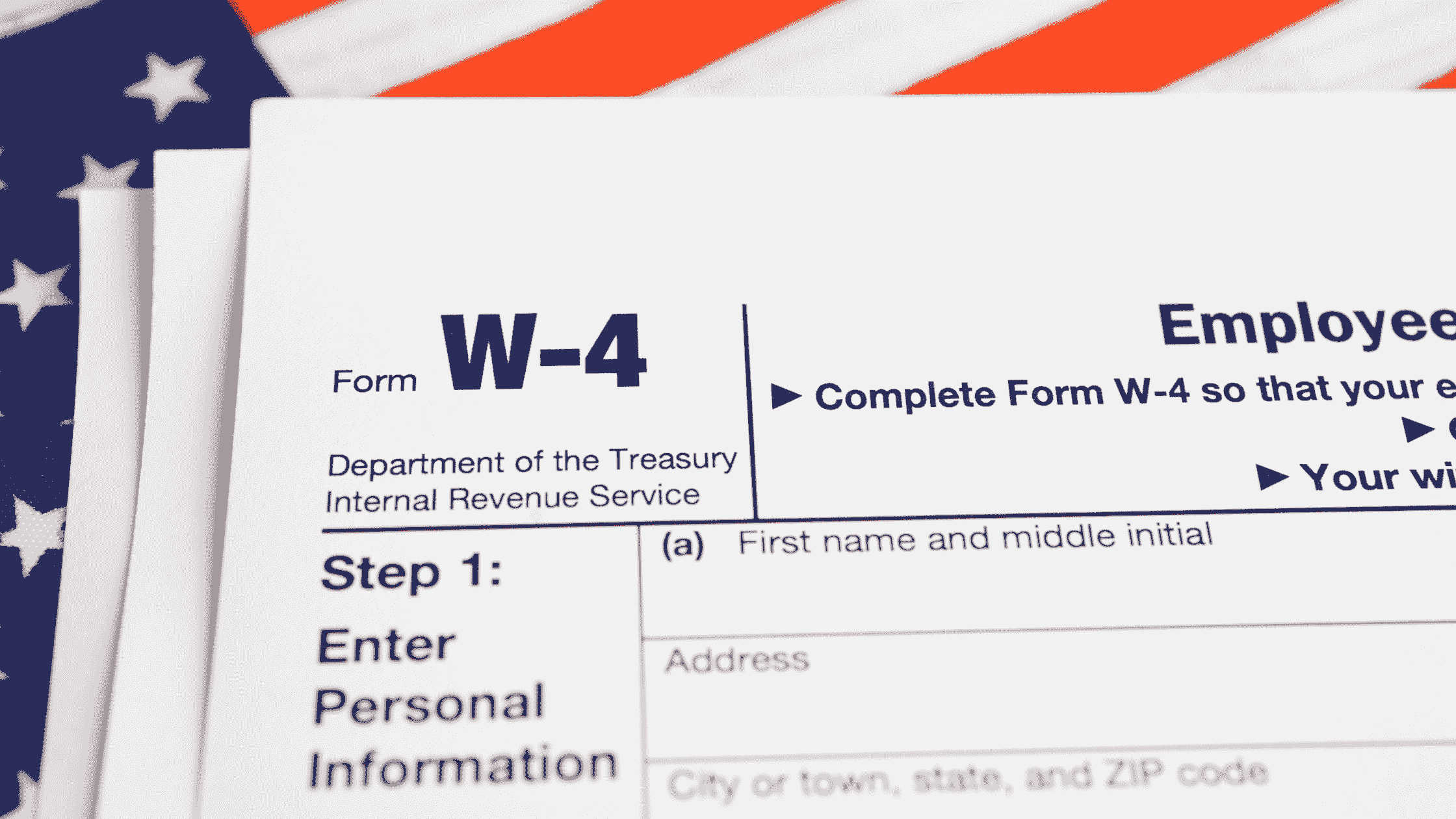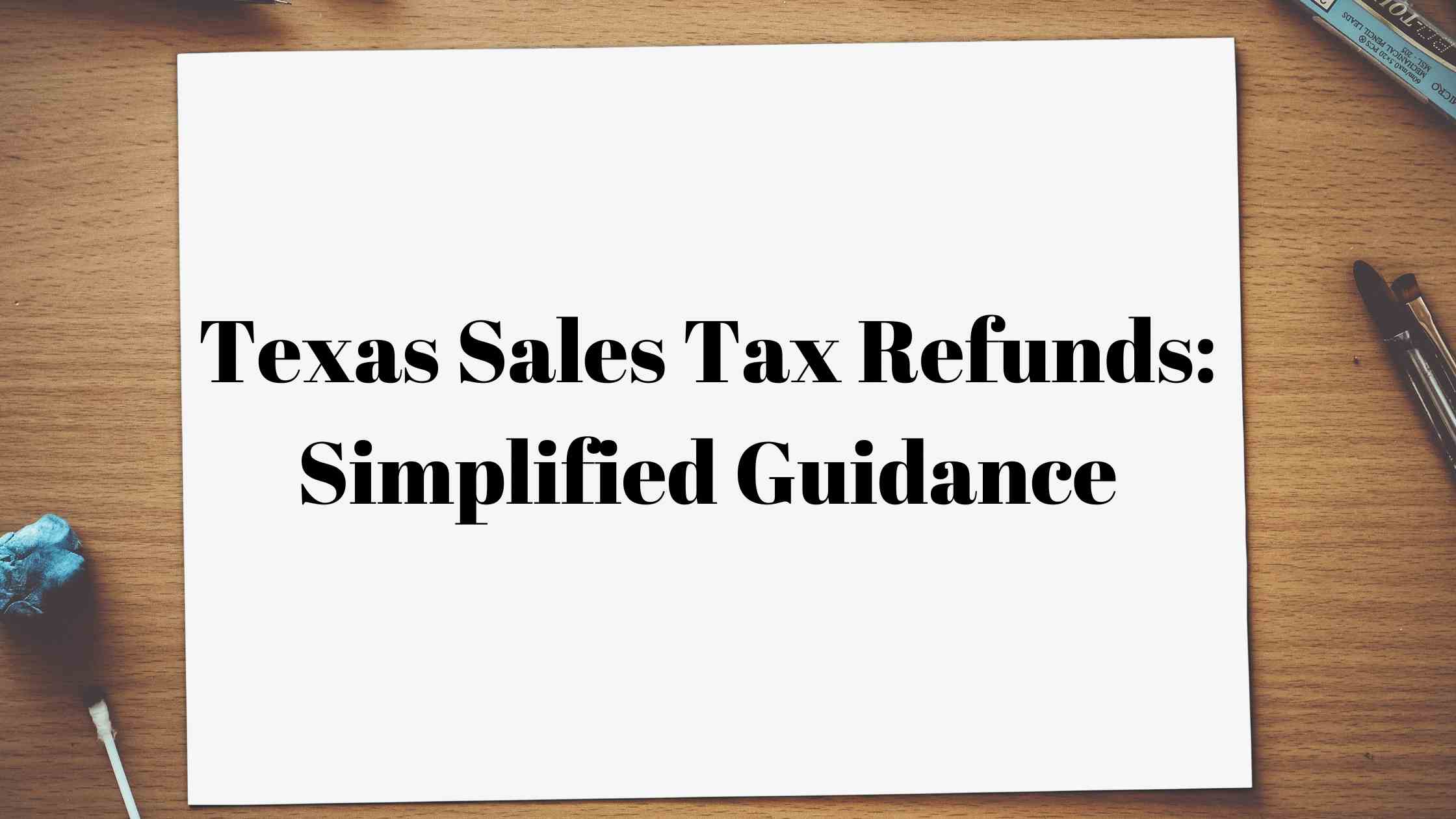Welcome to the Lone Star State, where the business landscape is as vast as the Texas sky. If you’re a business owner setting up shop in Texas, chances are you’ve encountered the term “franchise tax.” This blog is your compass through the financial terrain, providing a comprehensive guide to understanding Franchise Tax in Texas. Whether you’re a seasoned entrepreneur or a newcomer to the Texas business scene, let’s embark on a journey to demystify the intricacies of franchise tax in the Lone Star State. But before going forward let’s delve into the definition of Franchise Tax and its associated significance.
What is Franchise Tax?
This blog focuses on the state of Texas, where the privilege of operating a business within the state is taxed. This tax, often referred to as “Privilege tax” in state of Texas and applies to all taxable entities doing business in Texas.
What is the relationship between tax connection and franchise taxation?
Nexus is a legal term that denotes a linkage between a taxing entity, like a state, and a business entity. When a business establishes a nexus in a state, it signifies a significant presence that may lead to tax obligations. The specific criteria for nexus, crucial for franchise tax assessment, are determined by each state and can differ. The primary methods for establishing nexus typically revolve around whether the business has a physical presence or an economic connection within the state.
- Physical Presence
A business is deemed to have a physical presence in a state when it possesses a tangible location, whether through property ownership or leasing, within that state. Alternatively, it may establish a physical presence if it employs individuals, such as a mobile sales team, who reside within the state.
- Economic Presence
An economic presence is established by a business if it meets the state’s criteria for either total revenue generated or the number of transactions conducted. Even without a physical presence within the state, the business may accrue a significant income from its operations in the state, thereby meeting the state’s economic presence nexus requirement.
Does the Texas franchise tax equate to the sales tax?
The franchise tax in Texas diverges from the sales tax, resembling more of a corporate income tax structure. Texas boasts both a sales tax and a franchise tax, with the unique feature of no personal income tax in the state.
A pivotal distinction among various dissimilarities between sales tax and franchise tax is the aspect of liability. While the Texas sales tax necessitates businesses to collect it from Texas consumers and impacts those dealing in taxable property, the Texas franchise tax is levied on the act of conducting business within the state. It applies to taxable entities irrespective of their business type and is not designed to be transferred to a third party. Essentially, these two taxes exhibit structural differences.
Additionally, the Texas franchise tax operates on a statewide scale, devoid of any local counterparts, whereas sales tax rates exhibit regional nuances. The foundational state sales tax rate in Texas is set at 6.25%, yet the intricacies emerge as most jurisdictions introduce local sales tax rates and/or special district sales tax rates.
However, as per the Texas Comptroller, the franchise tax stands out as the “primary tax on business” in Texas. Generally, if your business is mandated to collect and remit Texas sales tax, it’s probable that you also carry a Texas franchise tax responsibility. However, in cases where your business makes no taxable sales within the state, there may be no necessity to register for sales tax, even though you might still be obligated to fulfill the franchise tax payment.
Who needs to pay Franchise Tax?
The specific criteria for businesses subject to franchise tax vary based on the jurisdiction’s laws. The obligation to pay franchise tax typically falls on but not limited to
- C- Corporations
- Limited Liability Companies
- S- Corporations
- All Partnerships
- Trusts
- Joint Ventures
- Other Legal Entities
What are the Threshold and Franchise Tax Rates?
Responding to this question is more intricate than it may seem, given that franchise tax rates in Texas fluctuate based on your business’s annual revenue and the reporting method you employ.
In Texas, Franchise tax rates, thresholds, and deduction limits differ based on the reporting year. Utilize the rate applicable to the specific year for which you are submitting your filing.
| 2023-2024 | Amount |
| No Tax Due Threshold | $2,470,000 |
| Tax Rate (retail or wholesale) | 0.375% |
| Tax Rate (other than retail or wholesale) | 0.75% |
| Compensation Deduction Limit | $450,000 |
| EZ Computation Total Revenue Threshold | $20 million |
| EZ Computation Rate | 0.331% |
*Refer to the Texas Comptroller’s website for more details.
Explain the term “no tax due threshold”?
As mentioned in the above table, Texas state has a “No Tax Due Threshold” limit which means that if your business entity is typically obligated to pay franchise tax but achieves sales below the Texas no tax due threshold, you are not obligated to remit Texas franchise tax for that specific period. Nevertheless, if you are registered for franchise tax and have no franchise tax to report, you are still required to submit a zero or Nil return.
The no-tax-due threshold in Texas undergoes revisions every two years, specifically during even years. There was a significant leap from $300,000 between 2008 and 2010 to $1,000,000 from 2010 to 2012. Subsequently, the increases have been more gradual.
Who Is Not Required to File Franchise Tax Return in Texas?
In the intricate landscape of Texas franchise tax, certain entities enjoy exemptions, freeing them from the obligation to file or pay franchise tax.
Entities Exempt from Texas Franchise Tax:
- Sole Proprietorships (Except Single Member LLCs):
Sole proprietorships are generally exempt from filing or paying franchise tax, with the exception of single-member Limited Liability Companies (LLCs).
- General Partnerships with Solely Natural Persons:
General partnerships are exempt when all direct ownership consists entirely of natural persons. This exclusion does not apply to limited liability partnerships.
- Entities Exempt under Tax Code Chapter 171, Subchapter B:
Specific entities falling under Tax Code Chapter 171, Subchapter B, enjoy exemption from the franchise tax. Understanding the provisions of this chapter is crucial for determining eligibility.
- Grantor Trusts, Estates, and Escrows:
Certain grantor trusts, estates of natural persons, and escrows are exempt from filing or paying franchise tax, acknowledging their unique legal and financial characteristics.
- Real Estate Mortgage Investment Conduits and Qualified Real Estate Investment Trusts:
Entities falling under the classification of real estate mortgage investment conduits and specifically qualified real estate investment trusts are exempt from the franchise tax.
- Unincorporated Political Committees:
Unincorporated political committees enjoy exemption from franchise tax, recognizing their role and function in the political landscape.
In conclusion, navigating the landscape of Texas franchise tax is a critical aspect of managing your business’s financial responsibilities in the Lone Star State. Understanding the nuances, exemptions, and obligations associated with franchise tax ensures that your business operates in compliance with state regulations. As you embark on your entrepreneurial journey in Texas, may your understanding of franchise tax be as robust as your business aspirations. Here’s to thriving ventures and fiscal wisdom!
Disclaimer:
The information provided in this content is for general informational purposes only. You should always seek the advice of an expert before making any decisions based on the information provided. We do not warrant or guarantee the accuracy, completeness, or usefulness of the information provided. Any reliance you place on such information is strictly at your own risk. We are not responsible for any damages, losses, or expenses related to the use of this content.
Related Blog :
STREAMLINING YOUR BUSINESS: TEXAS SALES TAX REGISTRATION MADE EASY
TEXAS SALES TAX BASICS: WHAT EVERY BUSINESS OWNER SHOULD KNOW








